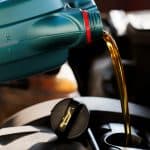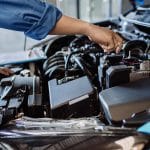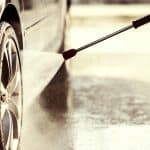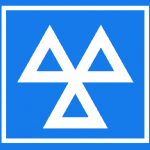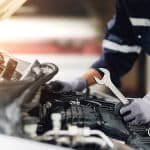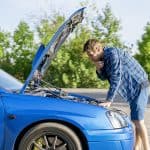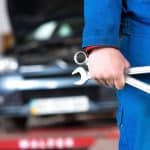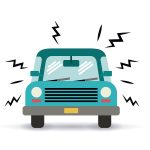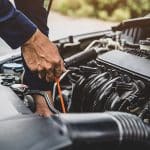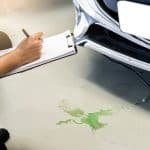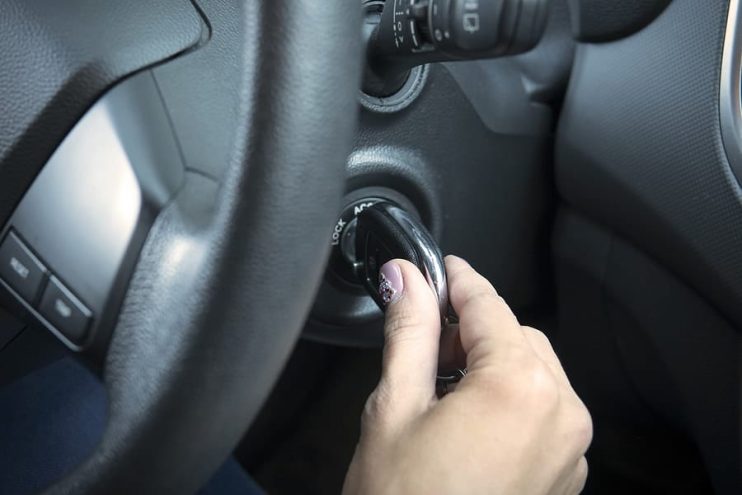
There is nothing worse than getting in the driver’s seat, sticking the key in the ignition, only to find your car won’t start. There are lots of reasons why this can happen, and unfortunately it’s a very common occurrence, happening to hundreds, if not thousands of motorists on a daily basis. From simple issues like forgetting to put fuel in the car, to more complex electrical faults – our quick guide should help you contend with some of the causes…
Table of contents:
- Key turns but engine won’t crank
- Engine cranks but still won’t start
- Security system faults
- And finally
You turn the key, but the engine won’t crank
The lights ignite on the dashboard and you wait for the familiar sound of the engine coming to life. But instead you hear nothing. The most common reason is probably the electrics:
Weak Battery
The number one reason why your car won’t start. Batteries can fail for a number of reasons. You may have not driven for a long time, and the battery has run down in the cold or an old battery may give up the ghost. Jump start the car, and give it a good run around so that the alternator can charge it to a working level. You can also turn on the headlights to check battery levels. Working lights means that the battery is good. No lights and you’ve confirmed battery issues.
Loose or Dirty Battery Terminals
Battery terminals can become corroded over time, or may work themselves loose from their seating in the battery. If your battery isn’t working, it may be worth cleaning and tightening the terminals to see if this solves the issue.
Starter Motor
You know the battery is fully charged, or you’ve completed the headlight test above. But when you turn the key, all you’re getting is a loud clicking sound. This is a sign you’re looking at a faulty starter motor or a wiring fault. Get the owner’s manual out, and test the electrics using a voltmeter, to check that all the associated circuits are working.
Ignition Issues
In order to start your car, several switches must be turned on. The first one in the sequence is always the ignition switch, usually controlled by a key. If your car won’t crank, and you’ve checked the battery, and the starter motor, then the issue could well be the ignition switch.
One of the other symptoms associated with ignition switch failure, is the car stalling after it starts, due to the switch failing to maintain the on position. Test for this problem by turning the key in the switch, and let go of the key – look for warning lights on the dash that light, then extinguish when the key snaps back into place, for a clear indicator the switch needs replacing.
Finally – remember to check that your steering lock is not jammed, due to the car being stuck against a wall or a kerb, which may also result in the ignition key failing to turn.
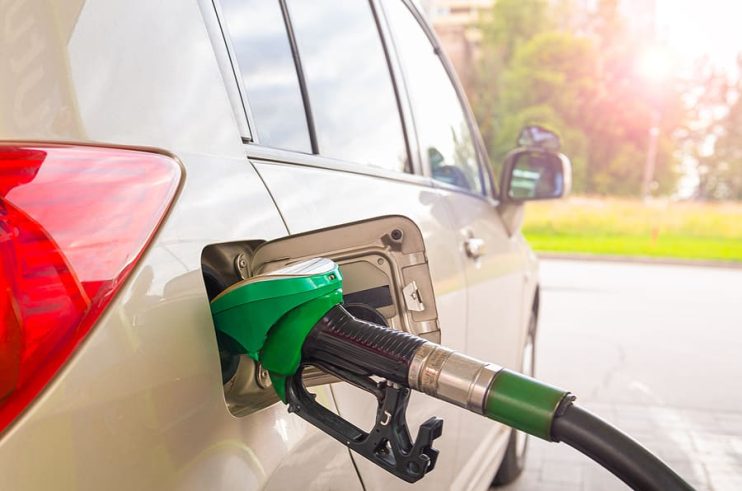
You can crank the engine, but the car won’t start
The key turns in the engine, and the electrics blink into life. However, the engine coughs and splutters and fails to start running properly. What’s the likely cause?
Out of Fuel
Check the engine’s fuel levels on the dashboard when the electrics come into play. The low fuel light will help you identify this issue, which will leave you needing to top up the tank. Either walk, or get a ride to the garage with your petrol or diesel can, fill up your vehicle, and then take it directly to the filling station to properly top it up. If you find that you’re constantly suffering with this problem, then you may have a leak or a faulty fuel gauge.
Fuel Filter Problems
Fuel filters are designed to prevent impurities in your petrol or diesel from reaching the engine, where they can cause damage to injectors, pistons and other precision components. Of course, over time the particles stopped by the filter build up, blocking and clogging the part. Running your car until it is right on the red line will exacerbate this issue.
Clogged filters stop fuel getting into the engine, and will result in starting issues. It can be difficult to identify this problem, but as a general rule filters should be replaced every 15K to 20K miles. If you can’t remember when you last changed your filter, and you’ve had the car a while now, then it may be worth getting this checked out.
Spark Plugs
Like many parts in your car engine, spark plugs have a limited lifespan and will eventually corrode and fail. Eventually, the repeated sparking wears away the metal terminals, increasing the spark distance, which can make it tough to get the vehicle started in the morning. If you suspect spark plug problems, then get the engine checked out by a professional.
One other issue…
There is one other major issue that could prevent your car from starting:
Security System Faults
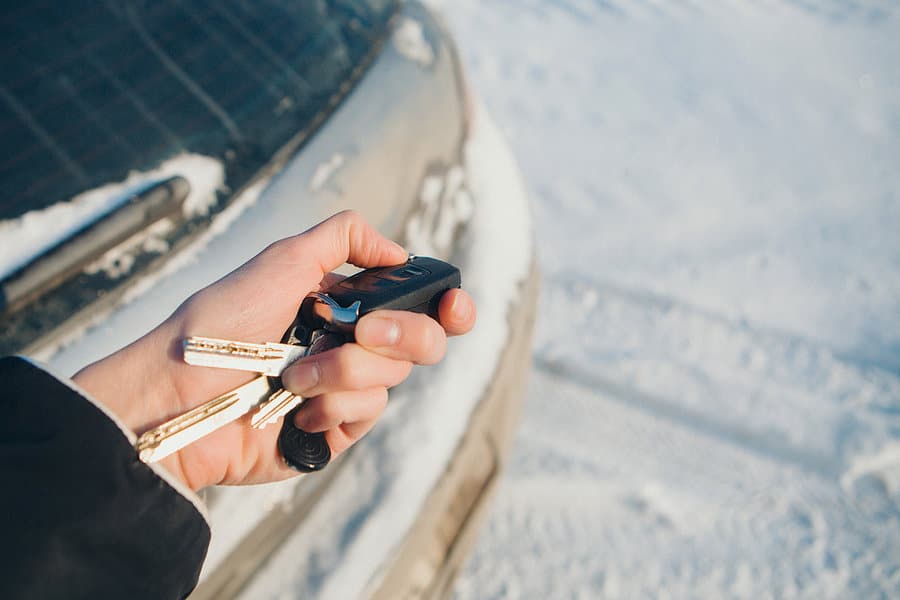
Many car security systems now work from a key fob, that’s either on your key, or exists as a separate unit – which is powered by a battery. If this battery runs out, then the car won’t receive the necessary signal to de-arm the alarm and immobiliser. Check the battery regularly, and keep spares in the house, in case such an issue occurs.
Alternatively, press the fob against the receiver if you don’t have a battery, as there may be enough power to get a weak transmission, over a only a limited range. If you find that the immobiliser is still not de-arming with a spare key however, then you either need to reprogram the system or take it to an expert.
And finally
Back where we started the article. Yes, your car not starting is likely to be a cause of frustration, but make sure your internal anger doesn’t spill over, leading you to crank the engine for more than 15 seconds, as this can severely damage the starter motor.
Engine flooding is another issue that can occur in older cars, especially if your car starts, moves a little and then stalls. In order to clear the engine, start the car with the accelerator depressed. Be careful however as if you over-crank then you could easily damage the starter motor, or even run the battery down.

